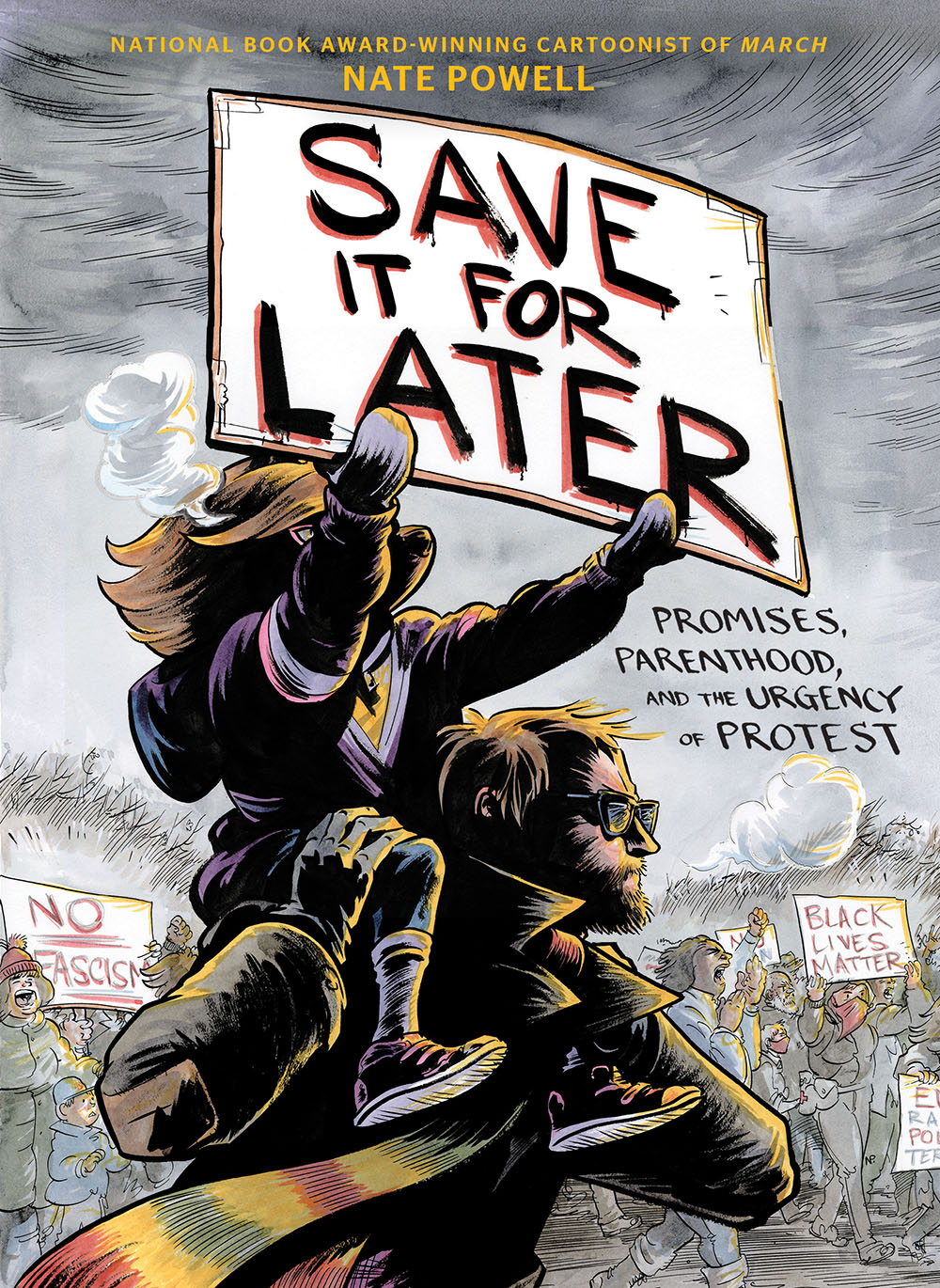What do you think?
Rate this book


160 pages, Hardcover
First published April 6, 2021




"A fatal error of both Generation X and the Boomers before us, our white middle-class outlooks shaped through a fairly stable social and political reality, our faith in mechanisms slowly pushing society forward, clearly an error of faith in a self-propelled moral arc of the universe."
White middle aged baby boomers generally raised their kids with a sense of the inevitability of social progress, of a world gradually, casually becoming more just--a straight line from the defeat of Nazi Germany to civil rights figureheads single-handedly toppling segregation to following our own dreams with the help of a few student loans.
The starkest generational divide may be Boomers' general inability to process that the rules no longer apply--that we failed ourselves by our own faith in a functioning system.
The college town is America-in-microcosm: a diverse, interconnected cross section of neighbors treating each other decently, but also struggling with addiction epidemics and multigenerational cycles of poverty and lack of opportunity--abuse, mental illness, chronic health issues, food scarcity, homelessness, low wages--surrounded by a more conservative, racially homogenous population also working to treat each other decently...but with a narrower definition of "neighbor," willing to align with forces pushing the myth upon which their version of America depends.